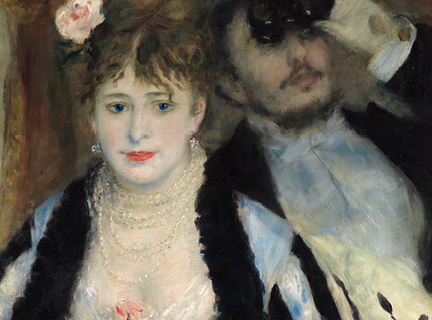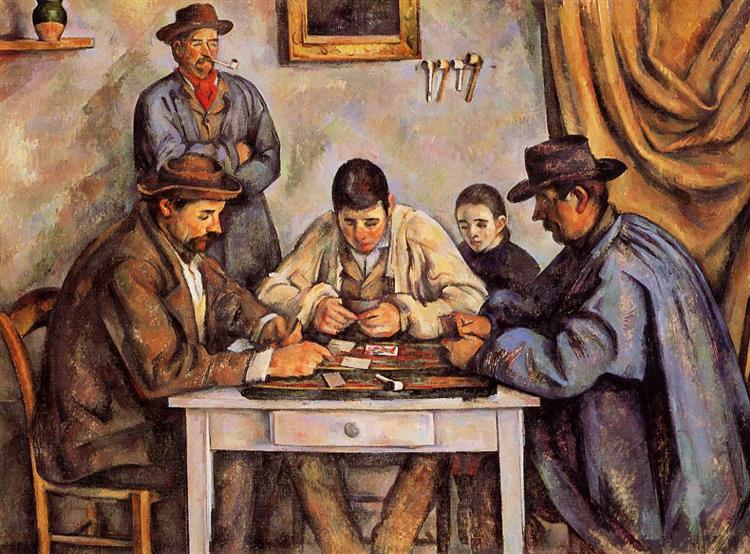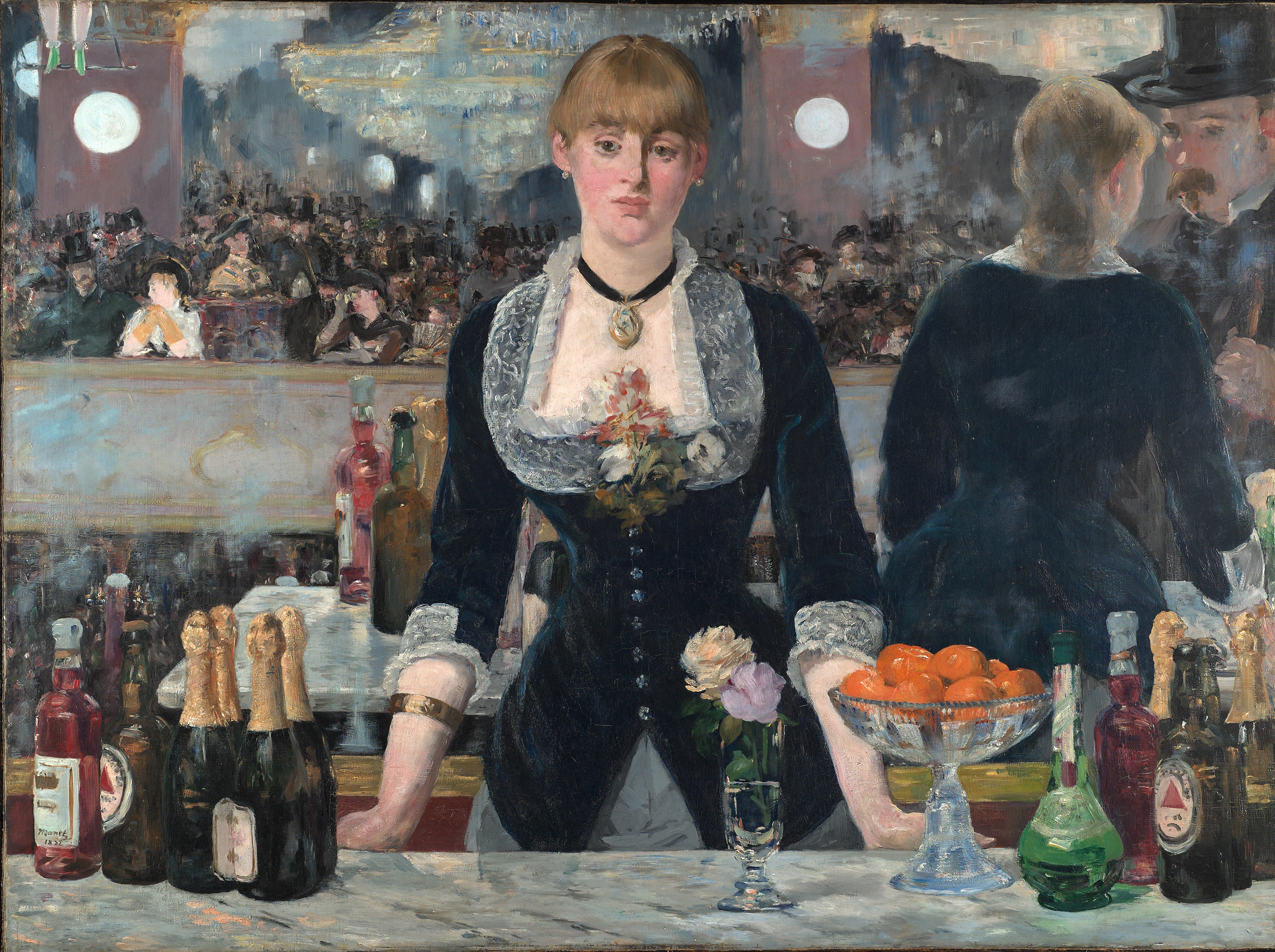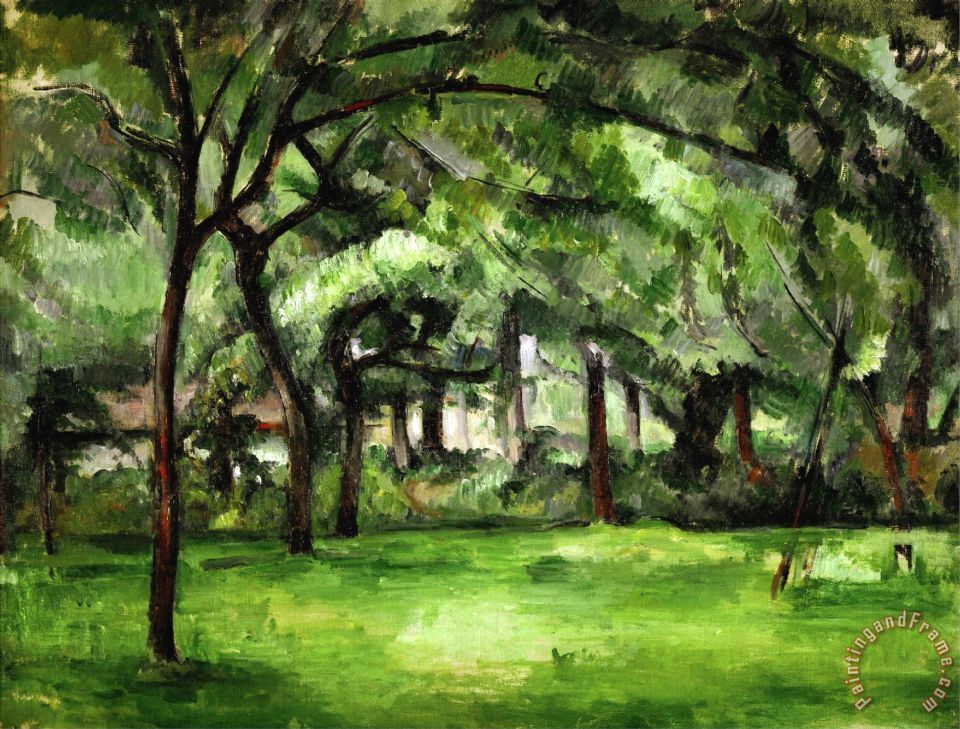National Gallery, London
17 September 2018 – 20 January 2019
For the first time in London for 70 years the National Gallery displays major Impressionist and Post-Impressionist masterworks from the Courtauld Gallery, purchased in the 1920s by Samuel Courtauld (1876–1947). These will be shown alongside paintings from the National Gallery’s own collection which the businessman and philanthropist financed and helped acquire.
The exhibition, arranged chronologically in 12 sections - each devoted to a different artist – includes the works of such key figures as Daumier, Manet, Renoir, Cézanne, Seurat, and Bonnard. The exhibition also focuses on the vision, taste, and motivation of Courtauld as he shaped two collections: one for his and his wife’s own enjoyment, and the other for the nation, with equal tenacity and dedication.
Highlights from Courtauld’s private collection, now part of the Courtauld Gallery, include
![Exhibition key image: Pierre-Auguste Renoir, 'La Loge (Theatre Box)', 1874 © The Samuel Courtauld Trust, The Courtauld Gallery, London]()
![Image result]()
Cézanne’s 'The Card Players' (about 1892–6)
![https://uploads5.wikiart.org/images/paul-cezanne/the-lac-d-annecy-1896.jpg!Large.jpg]()
and 'Lac d’Annecy' (1896),
![Image result]()
Toulouse-Lautrec's 'Jane Avril in the Entrance to the Moulin Rouge' (about 1892),
![Image result]()
Manet’s 'A Bar at the Folies-Bergère' (1882),
![Young Woman Powdering Herself Georges Seurat.jpg]()
and Seurat's 'Young Woman Powdering Herself' (about 1888–90).
These hang alongside major works acquired for the national collection through the Courtauld Fund. This was set up in 1923 by Courtauld himself for the acquisition of modern French paintings and the works that were purchased now form the core of the National Gallery’s post-1800 collection.
![Image result]()
They include Renoir’s At the Theatre (La Première Sortie) (1876–7);
![Baigneurs a Asnieres.jpg]()
as well as Seurat’s Bathers at Asnières (1884),
![Image result]()
Cézanne’s Self Portrait (about 1880–1)
![Vincent van Gogh - Wheat Field with Cypresses (National Gallery version).jpg]()
and Van Gogh’s A Wheatfield with Cypresses (1889) which were the first paintings by these three artists to enter a British public collection.
Courtauld started collecting on a grand scale in the early 1920s after he became chairman of his family firm, one of the world’s most successful synthetic fabric manufacturers. His family, of Huguenot origin, had settled in London at the end of the 17th century as part of a community of French silversmiths and silk weavers.
In 1922 he and his wife Elizabeth made the first purchases of modern paintings for their private collection that eventually grew to more than seventy works. While these works, which today form the core of the Courtauld Gallery’s holdings of French art, are now much-loved, they were frowned upon in Britain at the time. When in 1923 Courtauld started to fund and shape the collection of Impressionist and Post-Impressionist works that are now at the National Gallery, he transformed the representation of modern French art in the UK.
Courtauld’s taste had been shaped by childhood trips to the National Gallery and travels to museums, galleries, and collections on the Continent. Two exhibitions of French Impressionist paintings in London in the late 1910s and 1920s had a profound impact on Courtauld.
On seeing a painting by Cézanne in London in 1922, Courtauld recalled: ‘At that moment I felt the magic, and I have felt it in Cézanne’s work ever since.’ He believed that ‘unfettered imagination, human emotion, and spiritual aspiration go into the creation of all great works, and a share of the same qualities is needed for the reading of them.’ The exhibition shows how Courtauld was dedicated to the transformative power of art and the importance of art history, laying the foundations for the work of the Courtauld Institute of Art and Gallery.
This exhibition is a collaboration between the National Gallery and the Courtauld Gallery.
![Fixed size image]()
Don Quixote and Sancho Panza
Honoré-Victorin Daumier
about 1855
![MANET - Música en las Tullerías (National Gallery, Londres, 1862).jpg]()
Music in the Tuileries Gardens
Edouard Manet
1862
![Young Spartans National Gallery NG3860.jpg]()
Young Spartans Exercising
Hilaire-Germain-Edgar Degas
about 1860
![https://upload.wikimedia.org/wikipedia/commons/thumb/8/82/Camille_Pissarro%2C_The_Boulevard_Montmartre_at_Night%2C_1897.jpg/927px-Camille_Pissarro%2C_The_Boulevard_Montmartre_at_Night%2C_1897.jpg]()
The Boulevard Montmartre at Night
Camille Pissarro
1897
![Image result]()
Hillside in Provence
Paul Cézanne
about 1890-2
![Image result]()
Portrait of Elena Carafa
Hilaire-Germain-Edgar Degas
about 1875
![Image result]()
Woman seated in a Garden
Henri de Toulouse-Lautrec
1891
![File:Pierre-Auguste Renoir - La Yole.jpg]()
The Skiff (La Yole)
Pierre-Auguste Renoir
1875
![Image result]()
At the Theatre (La Première Sortie)
Pierre-Auguste Renoir
1876-7
![Image result]()
The Channel of Gravelines, Grand Fort-Philippe
Georges Seurat
1890
![https://upload.wikimedia.org/wikipedia/commons/thumb/0/08/Camille_Pissarro_-_Quais_de_Rouen_%281883%29.jpg/926px-Camille_Pissarro_-_Quais_de_Rouen_%281883%29.jpg]()
Place Lafayette, Rouen
Camille Pissarro
1883
![Image result]()
Déjeuner sur l'herbe
Edouard Manet
about 1863-8
![Image result]()
Te Rerioa
Paul Gauguin
1897
![Image result]()
Jane Avril in the Entrance to the Moulin Rouge
Henri de Toulouse-Lautrec
about 1892
![File:Banks of the Seine at Argenteuil Edouard Manet 1874.jpg]()
Banks of the Seine at Argenteuil
Edouard Manet
1874
![http://paintingandframe.com/uploadpic/paul_cezanne/big/farmhouse_in_normandy_summer_hattenville_1882.jpg]()
Farm in Normandy, Summer (Hattenville)
Paul Cézanne
about 1882
![The Bridge at Courbevoie, 1886 - 1887 - Georges Seurat The Bridge at Courbevoie, 1886 - 1887 - Georges Seurat]()
Bridge at Courbevoie
Georges Seurat
1886-7
![Image result]()
The Table
Pierre Bonnard
1925
![Image result]()
Blue Balcony
Pierre Bonnard
1910
![Image result]()
Nevermore
Paul Gauguin
1897
Great review with lots of images
17 September 2018 – 20 January 2019
For the first time in London for 70 years the National Gallery displays major Impressionist and Post-Impressionist masterworks from the Courtauld Gallery, purchased in the 1920s by Samuel Courtauld (1876–1947). These will be shown alongside paintings from the National Gallery’s own collection which the businessman and philanthropist financed and helped acquire.
This exhibition of over forty works is centred around the loan of 26 masterpieces from the Courtauld Gallery, which is closing temporarily in September 2018 as part of a major transformation project: Courtauld Connects. With the largest number of works from Courtauld’s private collection ever to be seen at the National Gallery, Courtauld Impressionists: From Manet to Cézanne traces the development of modern French painting from the 1860s to the turn of the 20th century.
The exhibition, arranged chronologically in 12 sections - each devoted to a different artist – includes the works of such key figures as Daumier, Manet, Renoir, Cézanne, Seurat, and Bonnard. The exhibition also focuses on the vision, taste, and motivation of Courtauld as he shaped two collections: one for his and his wife’s own enjoyment, and the other for the nation, with equal tenacity and dedication.
Highlights from Courtauld’s private collection, now part of the Courtauld Gallery, include

Pierre-Auguste Renoir, 'La Loge (Theatre Box)', 1874 © The Samuel Courtauld Trust, The Courtauld Gallery, LondonRenoir’s 'La Loge (Theatre Box)' (1874),

Cézanne’s 'The Card Players' (about 1892–6)

and 'Lac d’Annecy' (1896),

Toulouse-Lautrec's 'Jane Avril in the Entrance to the Moulin Rouge' (about 1892),

Manet’s 'A Bar at the Folies-Bergère' (1882),

and Seurat's 'Young Woman Powdering Herself' (about 1888–90).
These hang alongside major works acquired for the national collection through the Courtauld Fund. This was set up in 1923 by Courtauld himself for the acquisition of modern French paintings and the works that were purchased now form the core of the National Gallery’s post-1800 collection.
They include Renoir’s At the Theatre (La Première Sortie) (1876–7);

as well as Seurat’s Bathers at Asnières (1884),

Cézanne’s Self Portrait (about 1880–1)

and Van Gogh’s A Wheatfield with Cypresses (1889) which were the first paintings by these three artists to enter a British public collection.
Courtauld started collecting on a grand scale in the early 1920s after he became chairman of his family firm, one of the world’s most successful synthetic fabric manufacturers. His family, of Huguenot origin, had settled in London at the end of the 17th century as part of a community of French silversmiths and silk weavers.
In 1922 he and his wife Elizabeth made the first purchases of modern paintings for their private collection that eventually grew to more than seventy works. While these works, which today form the core of the Courtauld Gallery’s holdings of French art, are now much-loved, they were frowned upon in Britain at the time. When in 1923 Courtauld started to fund and shape the collection of Impressionist and Post-Impressionist works that are now at the National Gallery, he transformed the representation of modern French art in the UK.
Courtauld’s taste had been shaped by childhood trips to the National Gallery and travels to museums, galleries, and collections on the Continent. Two exhibitions of French Impressionist paintings in London in the late 1910s and 1920s had a profound impact on Courtauld.
On seeing a painting by Cézanne in London in 1922, Courtauld recalled: ‘At that moment I felt the magic, and I have felt it in Cézanne’s work ever since.’ He believed that ‘unfettered imagination, human emotion, and spiritual aspiration go into the creation of all great works, and a share of the same qualities is needed for the reading of them.’ The exhibition shows how Courtauld was dedicated to the transformative power of art and the importance of art history, laying the foundations for the work of the Courtauld Institute of Art and Gallery.
This exhibition is a collaboration between the National Gallery and the Courtauld Gallery.
Don Quixote and Sancho Panza
Honoré-Victorin Daumier
about 1855

Music in the Tuileries Gardens
Edouard Manet
1862

Young Spartans Exercising
Hilaire-Germain-Edgar Degas
about 1860

The Boulevard Montmartre at Night
Camille Pissarro
1897
Hillside in Provence
Paul Cézanne
about 1890-2
Portrait of Elena Carafa
Hilaire-Germain-Edgar Degas
about 1875
Woman seated in a Garden
Henri de Toulouse-Lautrec
1891

The Skiff (La Yole)
Pierre-Auguste Renoir
1875

At the Theatre (La Première Sortie)
Pierre-Auguste Renoir
1876-7
The Channel of Gravelines, Grand Fort-Philippe
Georges Seurat
1890

Place Lafayette, Rouen
Camille Pissarro
1883

Déjeuner sur l'herbe
Edouard Manet
about 1863-8

Te Rerioa
Paul Gauguin
1897
Jane Avril in the Entrance to the Moulin Rouge
Henri de Toulouse-Lautrec
about 1892

Banks of the Seine at Argenteuil
Edouard Manet
1874

Farm in Normandy, Summer (Hattenville)
Paul Cézanne
about 1882

Bridge at Courbevoie
Georges Seurat
1886-7

The Table
Pierre Bonnard
1925

Blue Balcony
Pierre Bonnard
1910

Nevermore
Paul Gauguin
1897
Great review with lots of images